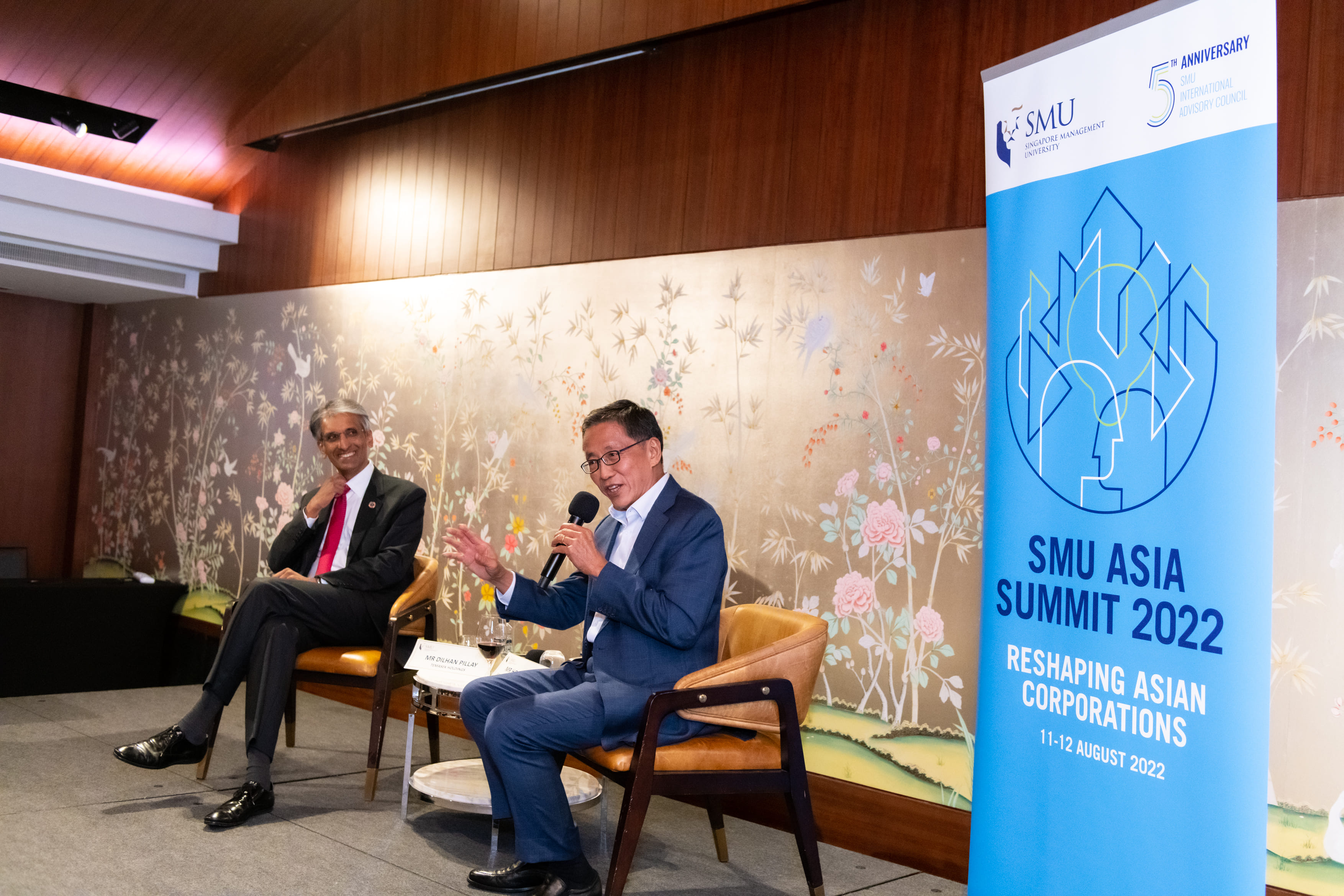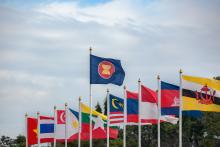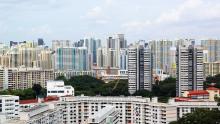In 2018, Starbucks was the undisputed leader among China’s coffeehouse chains, with more than 70 percent in market share and 3,600 cafés. The brand’s success was rooted in its core proposition of providing consumers a ‘third place’ (also called di san kong jian in Mandarin)—an escape from both home and the workplace—to relax and indulge themselves. Starbucks had entered China in 1999, and the country (and Asia Pacific overall) was the company’s fastest growing market.
International trade is a double-edged sword for the 10 member countries of the Association of Southeast Asian Nations (ASEAN), says SMU Lee Kong Chian Visiting Professor of Law, Professor Rafael Leal-Arcas.
Wealth management in Asia has traditionally been dominated by traditional financial institutions. In recent years, however, as Asian markets matured and the number of high-net-worth individuals (HNWIs) in the region has spiked, External Asset Management (EAM) organisations have begun to fill the niche for bespoke services with more competitive pricing.
At the core of every family business is the need to nurture an enduring legacy for future generations. But besides maintaining a financially viable business that thrives across several generations, family business leaders are also bestowed with the responsibility of creating sustainability in every sense of the word.
Are special purpose acquisition companies (Spacs) really worth the hype? Should they be part of a retail investor's investment portfolio?
For those unfamiliar with them, Spacs are public companies that raise money through an initial public offering (IPO) to make a specific acquisition. In other words, they are essentially public shell companies that have only one purpose: as a transaction vehicle for private entities to go public.
It perhaps came as little surprise when the Singapore government announced a fresh round of measures to cool the city-state's red-hot housing market at the end of 2021.
The pandemic has made it clear that we need to be more adaptive. From the way our lifestyles are changing with the continuation of home-based work and learning, to long-term effects on the economy and expectations on accountability and personal autonomy, we must all learn how to adapt for us humans (and other living creatures) to survive into the future generations.
The swift nascence of the "Asian Century", during which the global centre of trade has shifted to the continent, has led to an abundance of opportunities in Asia. While Asia was not immune to the economic shock triggered by the pandemic, regional GDP growth rates have proved resilient, with the Asian economy shrinking by a mere 1.5 per cent in 2020 versus the 3.2 per cent experienced by the world economy.

On 11 August 2022, Mr Dilhan Pillay Sandrasegara, Chief Executive Officer of Singapore’s state-owned investor Temase











